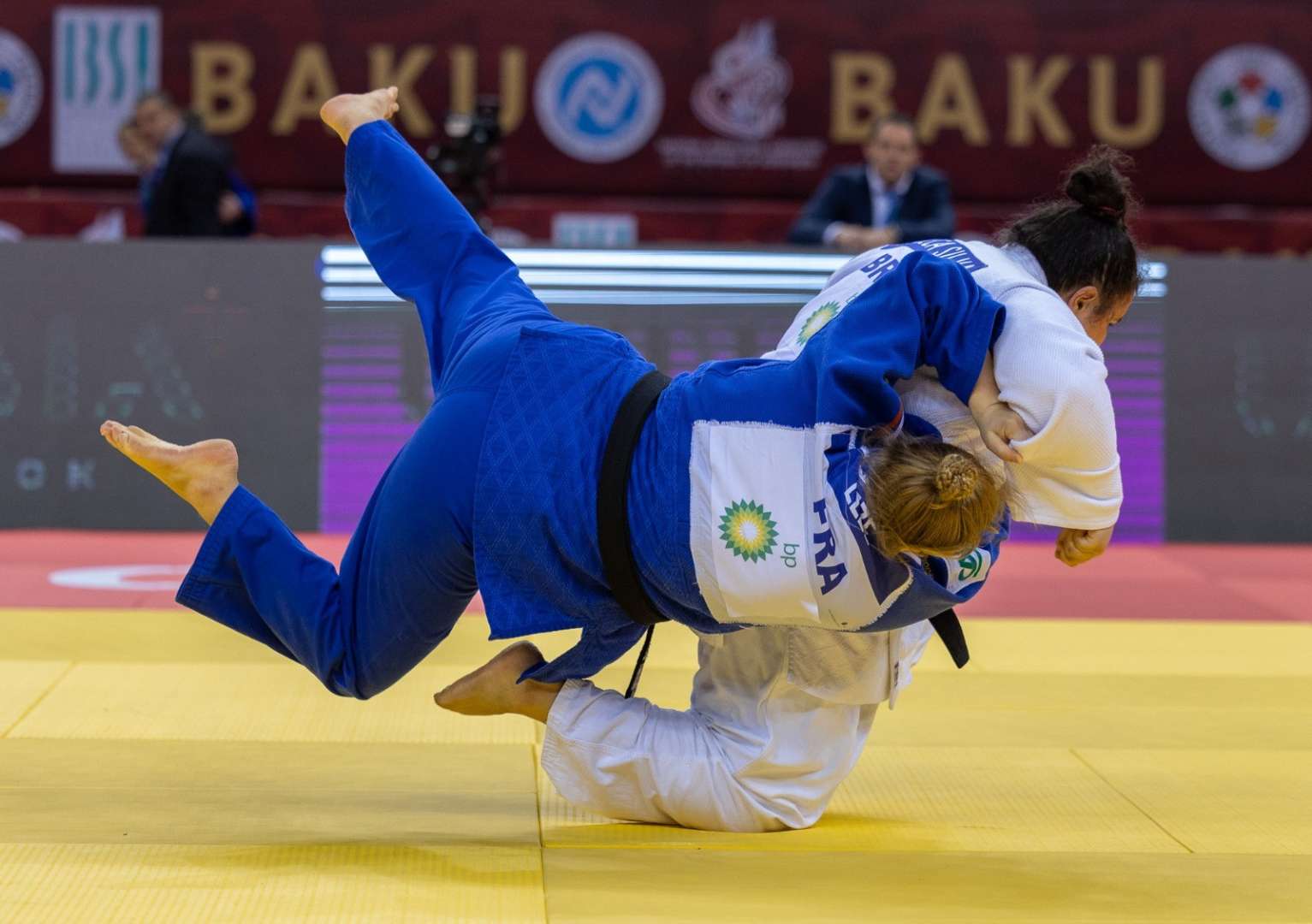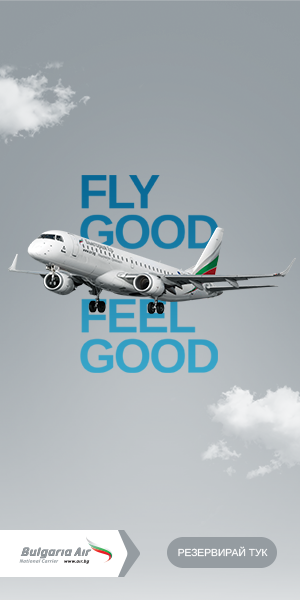he entry is big, with more than 40 countries participating. Following the Tokyo Paralympic Games there were a number of rule updates which had a big impact on judo’s visually impaired athletes.
There were weight changes and also new guidance for sight classification, splitting the categories into J1, for those who can not see at all and J2 for those who have less severe impairment but within certain parameters. These changes seemed to have an effect on competition entries and some events in 2022 have been less well attended than IBSA would have liked.
Among judoka competing at world level for the first time is Great Britain’s Kirsten Taylor, J2 +70kg. She’s a real sports fan and has tried as many Paralympic sports as she could gain access to. She took up judo in 2016 at 27 years of age, at Tayside in Scotland, having already competed in swimming, athletics and dressage but she says that finding judo was something completely new and different.
“It’s so much fun! I’m constantly looking for opportunities to compete, learn and improve, always looking for something somewhere to win. For example, I show dogs at Crufts, with my German Shepherd when I’m not away for judo.”
Baku is her first IBSA world championships but she took silver in the Kazakhstan Grand Prix in May this year and is developing at an alarming rate.
Source and image: www.ijf.org



